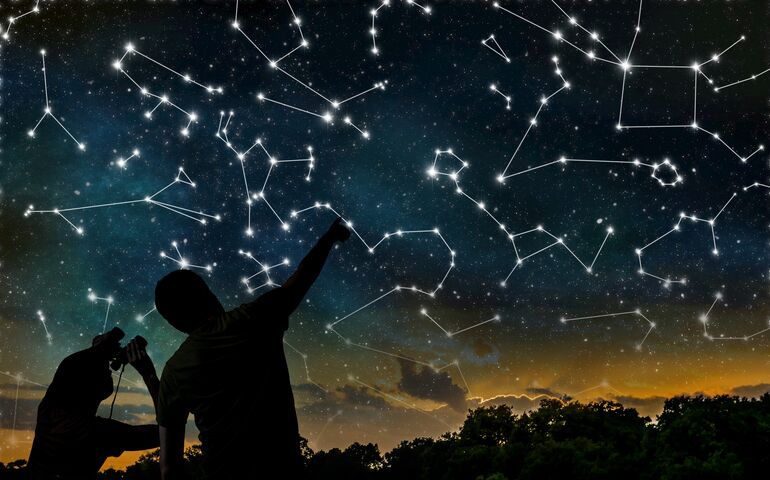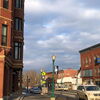Processing Your Payment
Please do not leave this page until complete. This can take a few moments.
- News
-
Editions
-
- Lists
-
Viewpoints
-
Our Events
-
Event Info
- Women's Leadership Forum 2025
- On the Road with Mainebiz in Bethel
- Health Care Forum 2025
- On The Road with Mainebiz in Greenville
- On The Road with Mainebiz in Waterville
- Small Business Forum 2025
- Outstanding Women in Business Reception 2025
- On The Road with Mainebiz in Bath
- 60 Ideas in 60 Minutes Portland 2025
- 40 Under 40 Awards Reception 2025
- On The Road with Mainebiz in Lewiston / Auburn
- 60 Ideas in 60 Minutes Bangor 2025
Award Honorees
- 2025 Business Leaders of the Year
- 2024 Women to Watch Honorees
- 2024 Business Leaders of the Year
- 2023 NextUp: 40 Under 40 Honorees
- 2023 Women to Watch Honorees
- 2023 Business Leaders of the Year
- 2022 NextUp: 40 Under 40 Honorees
- 2022 Women to Watch Honorees
- 2022 Business Leaders of the Year
-
-
Calendar
-
Biz Marketplace
- News
- Editions
- Lists
- Viewpoints
-
Our Events
Event Info
- View all Events
- Women's Leadership Forum 2025
- On the Road with Mainebiz in Bethel
- Health Care Forum 2025
- On The Road with Mainebiz in Greenville
- On The Road with Mainebiz in Waterville
- + More
Award Honorees
- 2025 Business Leaders of the Year
- 2024 Women to Watch Honorees
- 2024 Business Leaders of the Year
- 2023 NextUp: 40 Under 40 Honorees
- 2023 Women to Watch Honorees
- 2023 Business Leaders of the Year
- + More
- 2022 NextUp: 40 Under 40 Honorees
- 2022 Women to Watch Honorees
- 2022 Business Leaders of the Year
- Nomination Forms
- Calendar
- Biz Marketplace
Rangeley group seeks dark-sky designation as economic driver
 Courtesy / Rangeley Lakes Heritage Trust
Being designated as a dark sky community is expected to draw attention to western and northern Maine, reinforcing their eco-tourism economy.
Courtesy / Rangeley Lakes Heritage Trust
Being designated as a dark sky community is expected to draw attention to western and northern Maine, reinforcing their eco-tourism economy.
The Rangeley Lakes Heritage Trust is behind a community-driven movement to conserve the area’s dark sky through certification as a Dark Sky Community.
“The need to protect our night sky cannot be overemphasized,” said Linda Dexter, a board member of the trust. “We live in a special place where we get to see stars that most of the world’s population cannot. We could lose that privilege if we don’t put protections in place now.”
Dark Sky Communities are one of five certification categories designed by International Dark Sky Places, a program of the International Dark-Sky Association, based in Tucson, Ariz.
The mission of the association is to preserve and protect the nighttime environment and heritage of dark skies through environmentally responsible outdoor lighting.
In addition to dark sky communities, the Dark Sky Places certification categories include dark sky sanctuaries, parks and reserves, and urban night sky places.
The association defines dark sky communities as cities and towns that adopt quality outdoor lighting ordinances and undertake efforts to educate residents about the importance of dark skies.
Rangeley lies in Maine's western mountains, surrounded by 200,000 acres of conserved lands. Vast swaths of uninhabited forest stretch from Madrid township to the New Hampshire border and extend north to the Canadian border, making the region one of the darkest places left on the East Coast.
Dexter is coordinating the Dark Sky Community certification effort. Dark Sky International oversees the application process.
The trust has been working with the town of Rangeley to adapt the lighting ordinance to meet the Dark Sky parameters. In June, Rangeley residents will vote on lighting codes designed to meet certification standards.
Being designated as a dark sky community is expected to draw additional attention to the resources in western and northern Maine, reinforcing their rarity and Rangeley’s eco-tourism economy.
The initiative is part of a trend in “astrotourism,” considered a sustainable and low-impact sector that naturally pairs with the ecotourism already occurring in the Rangeley Lakes region and helping the region to diversify, said the trust’s communications and program director, Amanda Laliberte.
“Other regions in the U.S. are projecting that astrotourism could lead to billions in visitor spending over the next decade,” Laliberte said. “Astrotourists are more likely to spend the night at a location, which means investing more in our community than a day-tripper. Also, it's been documented in other regions that property values have increased with the certified conservation of the night sky, and there has been a decrease in energy waste.”
In April, the trust sponsored Dark Sky Week for the first time this year, but has hosted dark sky programs for at least three years. Activities included stargazing along a dark sky trail and virtual tours of the night sky.
The certification process also offers residents to take a dark sky pledge to pledge to turn off outdoor lighting when it’s not actively used, to set aside time to appreciate the night sky, and to learn about light pollution and how to combat it.
“The residents were excited, and many signed the Dark Sky Pledge; we also had many visitors walk into our office inquiring about where to see the night sky and resources,” said Laliberte.
Total number of participants during the week’s activities wasn’t available, but over 100 people viewed the virtual night sky tour.
In 2021, the Appalachian Mountain Club’s Maine Woods became New England’s first International Dark Sky Park.
Nearby Katahdin Woods and Waters National Monument was designated an International Dark Sky Sanctuary in 2020. Acadia National Park has begun the certification process for a Dark Sky Park.









0 Comments